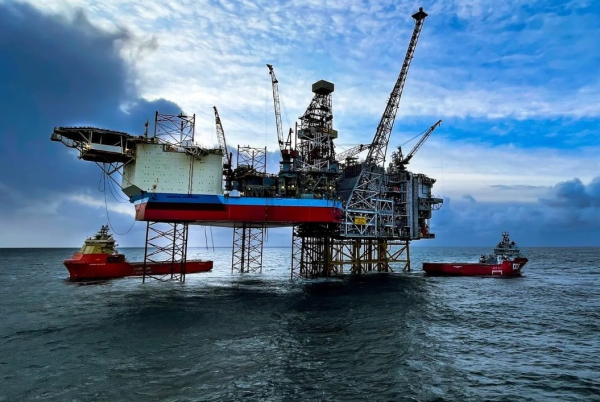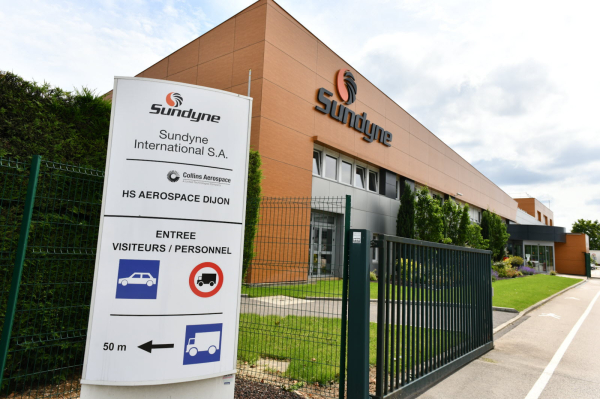
Cities across Europe are increasingly challenging the dominance of automobiles by restricting their access to urban centres. But as a recent campaign decrying automotive bans by the centre-right EPP group shows, the issue risks descending into a left-vs-right culture war clash.
After decades in which our cities were transformed to accommodate private mobility in response to rising car sales, the tide seems to be turning.
Local leaders from Paris to Dublin, Milan to Brussels, are increasingly restricting cars, reimagining urban spaces as places to gather, not just transit through.
The move to curtail car access is partly being done on environmental grounds, particularly to combat the harmful air pollution from petrol and diesel cars, but also to reallocate space for alternative means of getting from A to B.
City planners strive to move people in the most efficient manner possible within a constrained area. Unsurprisingly, cars are not the best means to do so: They rarely carry more than two persons at a time.
Instead, footpaths are being widened, cycle lanes installed, and public transport offerings beefed up – all at the expense of room previously reserved for driving.
The benefits of going car-free in crowded city centres may seem obvious – less pollution, reduced noise, and less danger of being struck and maimed by a rapidly moving box of steel (an issue the shift to electric vehicles won’t solve, by the way).
But as the movement to restrict cars from city streets gains momentum and political credibility, those opposed to the transformation are increasingly vocal.
The arguments are similar, no matter the city in question:
Restricting cars will kill businesses. Walking and cycling aren’t viable for long distances and are contingent on good weather. Public transport is cramped and dangerous. And some people – single mothers, tradespeople – are simply reliant on their car.
In this clash, canny political operatives have seen an opportunity.
The EPP group, the European Parliament’s largest political family, believes the cars-in-cities debate has reached enough of a fever pitch to win them votes in the European elections next June.
“DON’T BAN CARS IN CITY CENTRES!” screams an all-caps EPP social media post from earlier this month, ostensibly about EU air quality legislation.
The post is not so much a dog whistle as a klaxon to those concerned about the green agenda changing our cities. “The EPP is on your side,” it pronounces. “The EPP will not let the socialists take away your right to drive.”
And there we enter dangerous territory.
Once political groups make a simplistic campaign slogan out of a nuanced subject, there is a risk that being “for” or “against” the issue is simply absorbed into our political identity.
It becomes a “culture war” in which discourse is reductive and polarised – extremes that have become the norm in American, and increasingly British, politics.
Rather than discussing how to make cities work for the greatest number of people, politicians may find themselves in a right-vs-left deadlock: defending cars as a bastion of freedom, or denigrating them as city-destroyers.
From there, things have a tendency to get out of hand as the rhetoric is ramped up to unhinged levels. Already, in the darker corners of the internet, car restrictions are presented as a full-blown conspiracy to restrict liberty itself – the car standing as a symbol of freedom that Marxist politicians supposedly wish to cage.
Whether this particular campaign will pay off for the EPP is difficult to say. But in the fog of Culture Wars, we, as a whole, risk losing our way.
Today’s edition is powered by META
Training engine mechanics in the metaverse
Aviation companies like Lufthansa Technik use VR training programmes to help mechanics effectively learn and practice crucial engine repairs over and over, helping them be prepared to keep engines in top condition.
Find out more >>
The Roundup
As EU institutions prepare to negotiate the proposed revision of the 2021-2027 Multiannual Financial Framework (MFF), experts and lawmakers urge Brussels to rethink the overall EU budget framework to ensure it better responds to spending needs in the long term.
Nuclear power will play a crucial role in Europe’s transition to carbon-free, secure energy production, according to Poland’s secretary of state for strategic energy infrastructure.
Britain has given the go-ahead for one of its biggest new oil and gas projects in years, Equinor’s North Sea Rosebank field, saying energy security was the priority despite opposition from environmentalists.
While heavy-duty vehicle manufacturers will shed thousands of workers in the shift to zero-emission offerings, these job losses will be more than compensated through new positions in the growing energy and infrastructure sectors, a new study has found.
The Australian Minister for Resources and Northern Australia Madeleine King argued on Tuesday for more European investments into the Australian critical minerals sector, criticising the EU’s insistence on banning dual pricing in the free trade negotiations between the EU and Australia.
Slovakia’s three-time prime minister Robert Fico has a chance to return to power in a closely fought early election on Saturday (30 September), raising the prospect the central European country may drop its staunch support of neighbouring Ukraine.
Don’t miss this week’s Green Brief: Hydrogen: A reality check; and the Health Brief: As one health file closes, another opens.
Look out for…
- European Health Forum Gastein 2023 Tuesday-Friday.
- Athens Democracy Forum Wednesday-Thursday.
- Informal meeting of General Affairs Council Wednesday-Thursday.
- Justice and Home Affairs Council meets on Thursday.
Views are the author’s
[Edited by Zoran Radosavljevic/Nathalie Weatherald]
Source: euractiv.com



